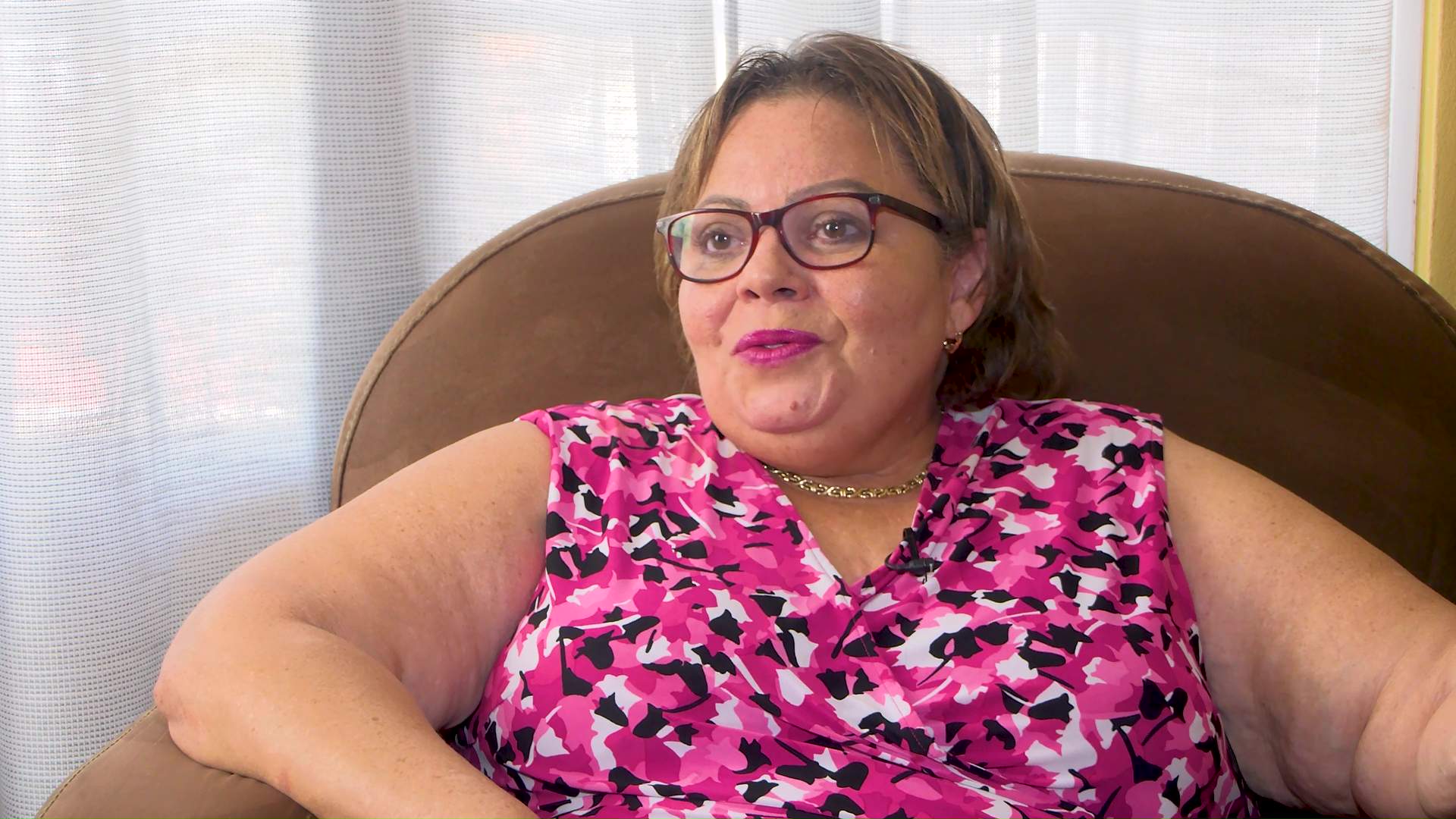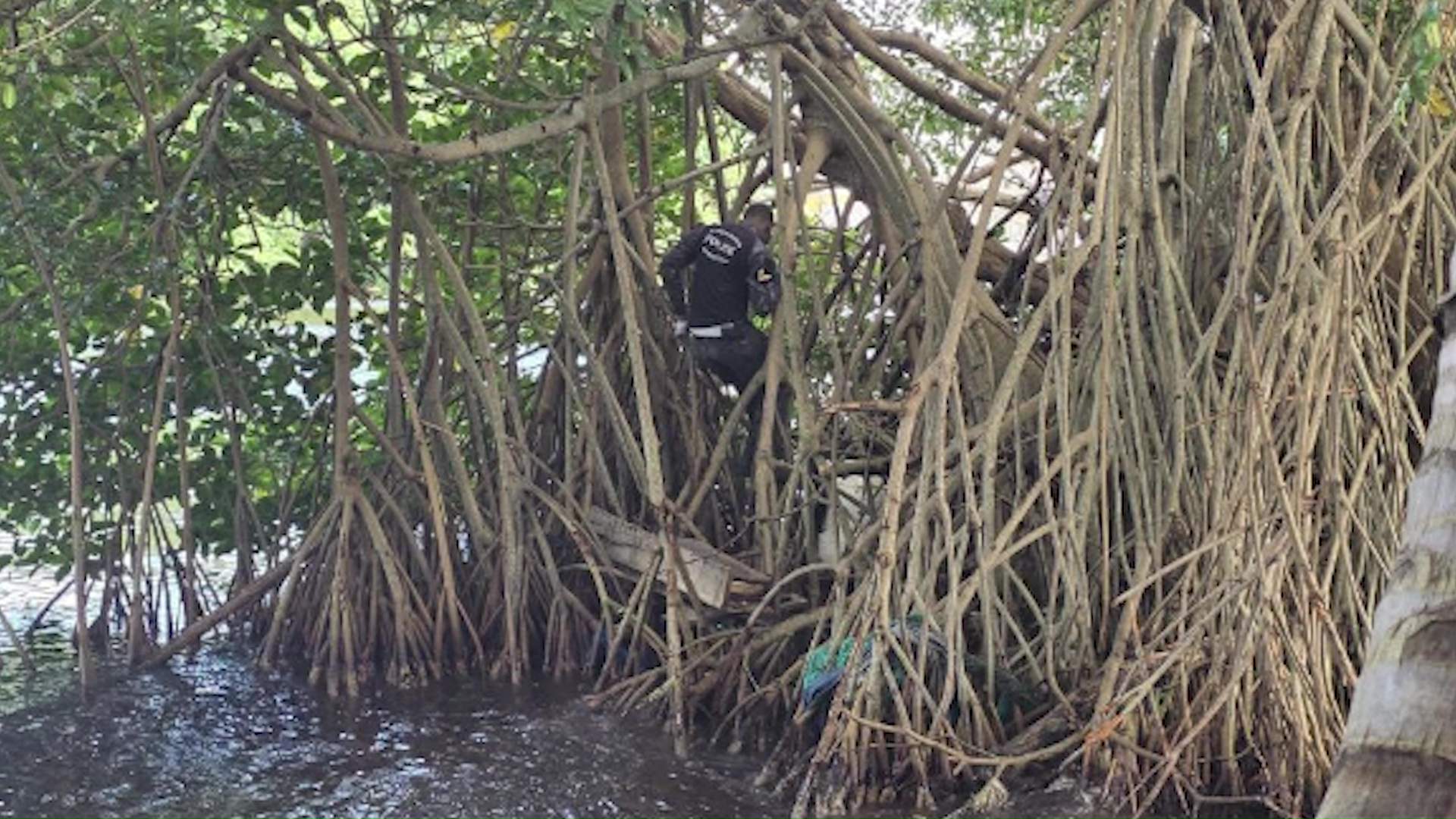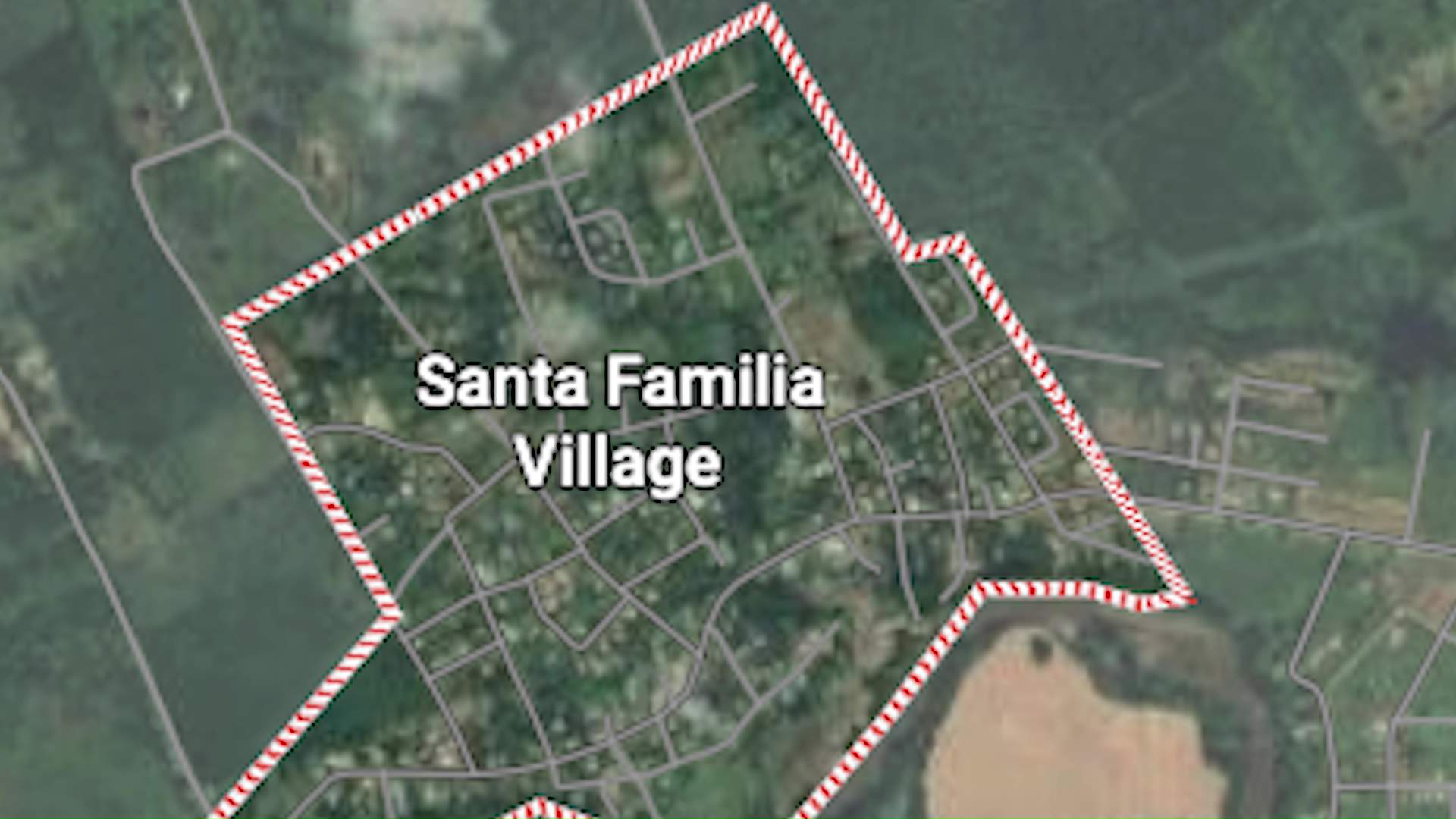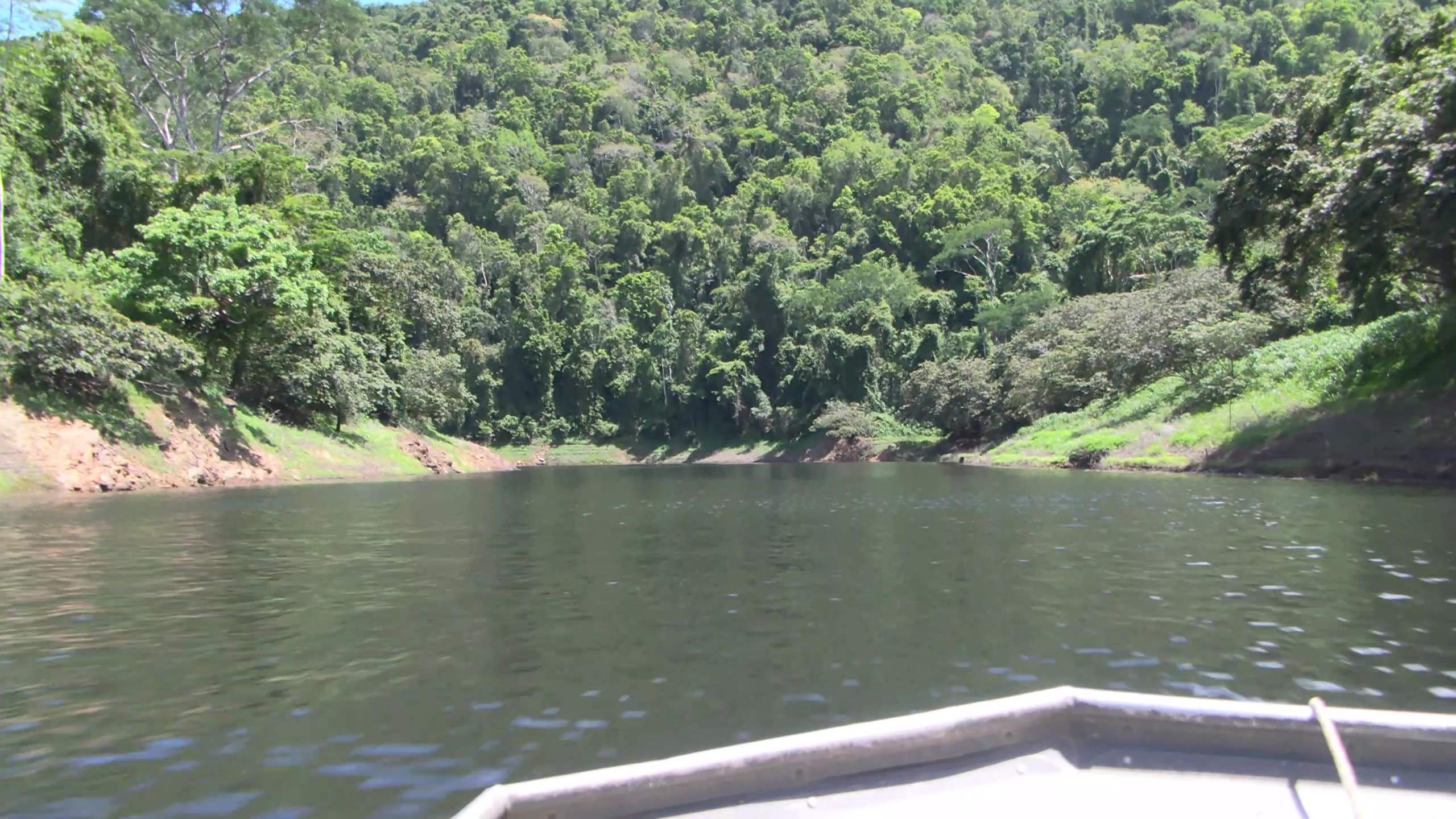BELIZE CITY – Opposition Leader Tracy Panton has launched a scathing critique of Prime Minister John Briceño’s optimistic New Year’s address, accusing him of being profoundly disconnected from the economic hardships confronting ordinary Belizeans. The political confrontation emerged following Briceño’s December 31st speech that celebrated economic progress and outlined ambitious infrastructure initiatives for the coming year.
Panton characterized the Prime Minister as residing in an isolated “silo,” completely oblivious to the severe financial pressures affecting households nationwide. She specifically highlighted recent increases in utility rates, property taxes, and trade license fees as evidence contradicting the government’s positive narrative.
“The Prime Minister’s message reflects a complete disregard for the daily struggles our citizens endure,” Panton stated. “While he speaks of economic growth, families across Belize are grappling with escalating living costs that directly threaten their livelihoods and financial stability.”
The Opposition Leader further alleged that Briceño operates within a privileged “friends and family club” that remains insulated from the economic realities impacting most citizens. This sharp rebuke signals intensified political tensions as Belize enters the new year, with the opposition positioning itself as the voice of those left behind by current economic policies.
The government has yet to formally respond to Panton’s criticisms, setting the stage for continued political debate regarding Belize’s economic direction and the allocation of national resources in 2026.









